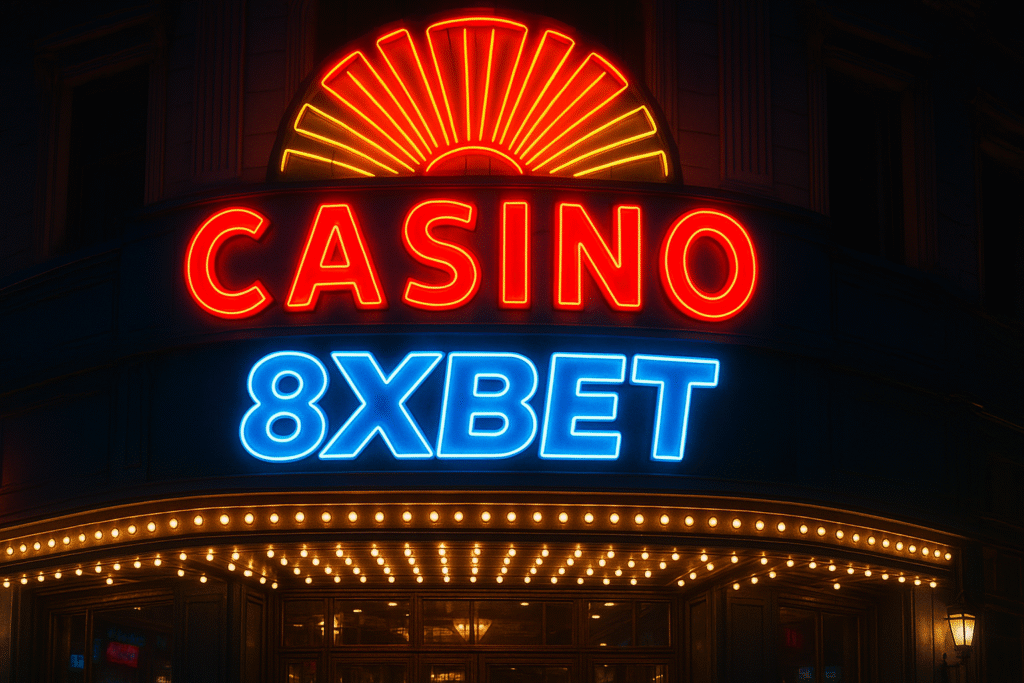
When choosing an online casino one of the first things players should check is whether the site is properly licensed. A gaming license is a clear sign that the casino operates legally and adheres to strict standards of fairness security and responsible gambling. Licensed casinos are accountable to regulatory bodies which helps protect players from fraud and unethical practices.
Platforms like https://game8xbet.dev/ understand the value of licensing and make their regulatory status clear to users. They operate under well-known gaming authorities that enforce strict rules about game fairness player protection and financial transparency. This level of oversight gives players confidence that the games are not rigged and that their personal and financial information is safe.
Licensing authorities such as the Malta Gaming Authority UK Gambling Commission or Curaçao eGaming are responsible for issuing and maintaining casino licenses. These bodies perform thorough checks before granting licenses including reviewing a casino’s financial stability security measures and anti-fraud protocols. They also monitor ongoing operations to ensure casinos continue meeting their obligations.
One of the main requirements for licensed casinos is fair gaming. Software providers working with licensed casinos must have their games tested and certified by independent auditing firms. Random Number Generators (RNGs) are verified to ensure results are truly random and not manipulated. This transparency is critical for maintaining trust with players.
Security is another key part of licensing requirements. Licensed casinos must use advanced encryption to protect players’ personal and payment data. They are required to follow strict data protection laws and best practices for cyber security. This ensures that sensitive information is kept safe from hackers and misuse.
Responsible gambling is also enforced through licensing. Reputable regulators require casinos to offer tools for self-exclusion deposit limits and reality checks. They ensure that advertising is honest and not targeted at vulnerable groups. These measures help players maintain control over their gambling and reduce the risk of harm.
Payment integrity is a further aspect of licensing. Licensed casinos must process withdrawals fairly and promptly without unnecessary delays or hidden restrictions. Regulators often require clear terms and conditions so players know exactly what to expect. This level of oversight helps prevent disputes and protects players from unscrupulous operators.
For players the presence of a license means they have recourse if something goes wrong. Regulatory bodies can investigate complaints and hold casinos accountable for breaches of rules. This level of protection is not available when playing at unlicensed or “rogue” casinos where players have little or no legal support if issues arise.
In summary licensing is a fundamental part of a safe and fair online casino experience. It ensures that operators follow strict rules designed to protect players and maintain trust in the industry. By choosing licensed casinos players can enjoy their favorite games with peace of mind knowing they are in safe and regulated hands.